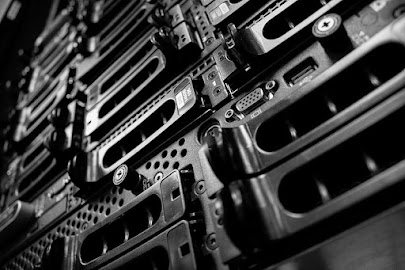Back to Basics: DAS
A type of storage known as direct-attached storage (DAS) is connected to a computer directly, bypassing a network. The storage could have an internal or external connection. The only direct access to the data is through the host computer. Other devices must pass via the host computer to interact with the data.
Internal hard disc drives (HDDs) or solid-state drives are typically found in servers, desktop computers, and laptops (SSD). These items are all examples of direct-attached storage. Some PCs also use external DAS devices. An enterprise server may occasionally connect directly to shared discs used by other servers.
Direct-attached storage is not part of a network. As opposed to network-attached storage (NAS) or a storage area network, there are no connections through Ethernet or Fibre Channel (FC) switches (SAN).
Through an interface like Small Computer System Interface (SCSI), Serial Advanced Technology Attachment (SATA), Serial-Attached SCSI (SAS), FC, or Internet SCSI, an external DAS device is directly connected to a computer (iSCSI). The device plugs into a card inserted into the computer's internal bus.
Pros and cons of direct-attached storage
Because the server does not have to travel over a network to read and write data, DAS can offer consumers better performance than networked storage, which is why many businesses employ it for applications that demand high speed. Direct Area Storage is also less expensive and simpler to build and operate than network-based storage solutions.
However, DAS is not without its difficulties. Its scalability is constrained and lacks the centralised management and backup features offered by other storage platforms. Additionally, it is difficult to share and does not provide failover if the server fails. Due to these difficulties, conventional DAS may not be appropriate for many enterprise applications.
Thomastech gives pertinent, unbiased suggestions, news, and guidance to help you with your unique storage needs. We provide third-party maintenance support.
Thomastech develops a forum where storage specialists may exchange unbiased information to assist IT professionals like you in resolving any storage-related problems. Storage-related issues are only getting more complicated. Therefore, you'll find solutions on Thomastech to handle all of your most recent storage projects, whether you have a specific query about deploying cloud caching equipment or you're buying a new SAN system.




Comments
Post a Comment